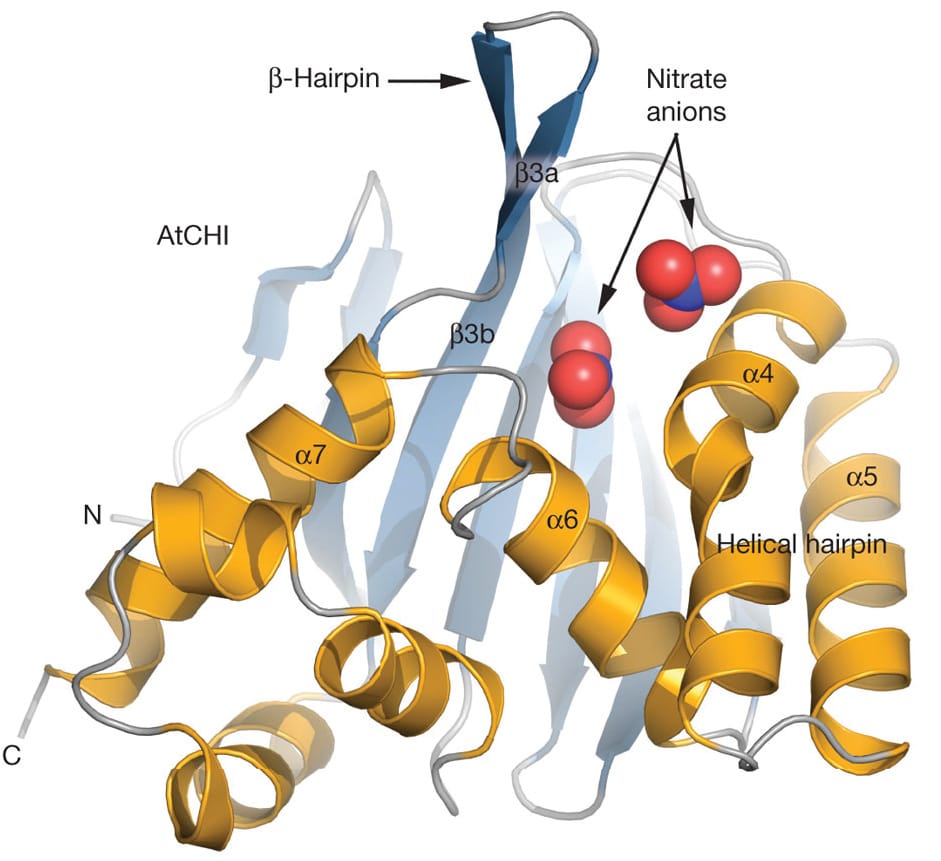Trio of proteins to ease food demand
Demand for food and fuels could be reduced

A new study has identified three key proteins in plants that may help the development of improved crops yielding higher qualities and quantities of oils. The scientists, of the Salk Institute for Biological Studies and Iowa State University, say that such plants could help to reduce the growing global demand for food and fuels, and negate the detrimental effect such demand may have on our environment and ecosystems.
The research, headed by lead authors Joseph Noel and Eve Syrkin Wurtele, analysed genomic plant data and pinpointed the proteins responsible for regulating the metabolism of fatty acids in thale cress plants. These three proteins, dubbed FAP1, FAP2 and FAP3, control the molecular pathways responsible for plant oil production and bind fatty acids such as omega-3.
“This work has major implications for modulating the fatty acid profiles of plants,” says lead author Joseph Noel. The researchers found that altering the expression of these proteins changed the amount and quality of plant oil produced via these pathways.
Plant oils are triglycerides and are stored in seeds. They consist of three linked fatty acids, which are very high-energy molecules formed in a plant using solar energy. Utilising these acids could therefore provide a very efficient method for producing biorenewable chemicals and fuels. This would help to alleviate fears over petroleum security and global climate change, as well as aiding international industry, nutrition and transport.
FAP1, 2 and 3 are linked ancestrally to enzymes that control flavonoid production, compounds that play many roles within a plant and have great nutritional and health benefits in human diets. Further study of plant proteins may result in a greater understanding of how proteins evolve into enzymes, a mechanism that has huge industrial promise.







